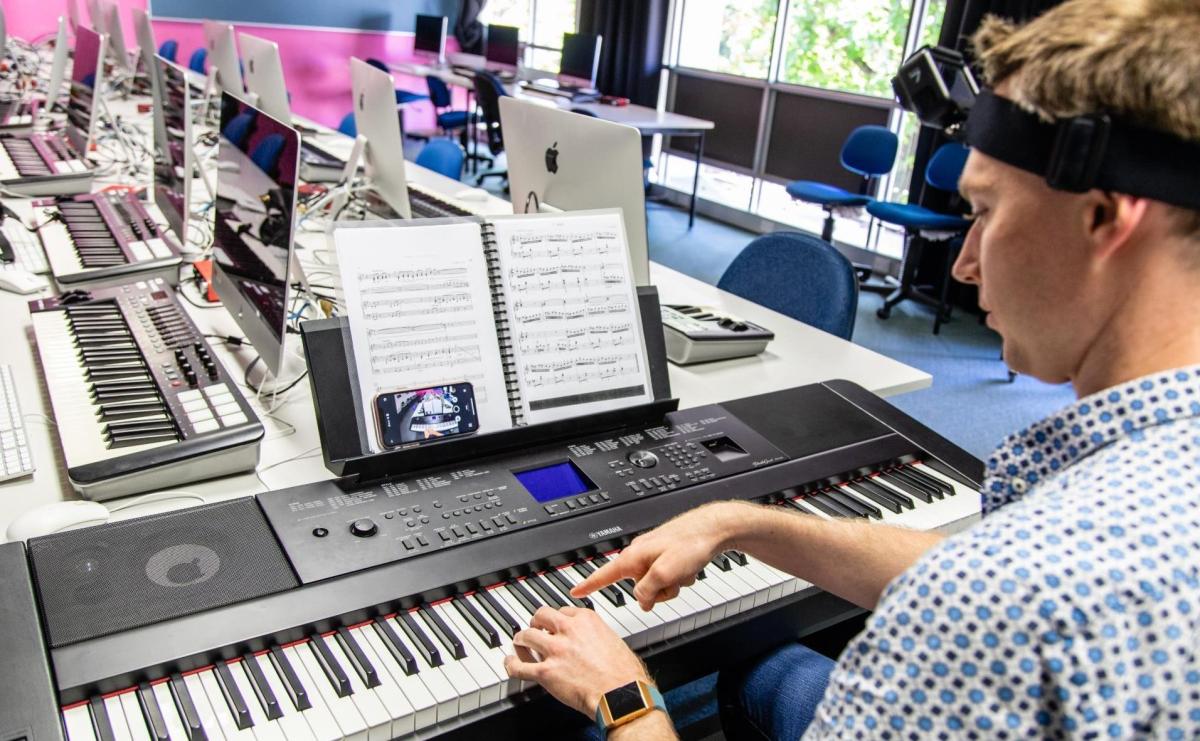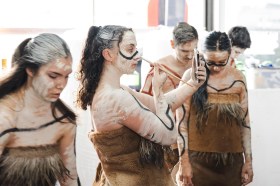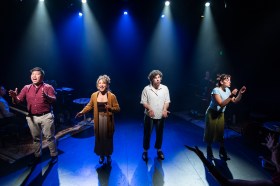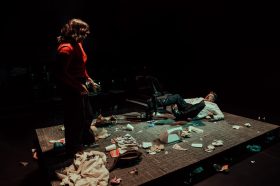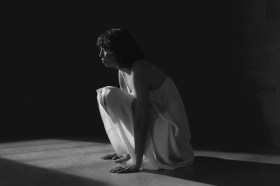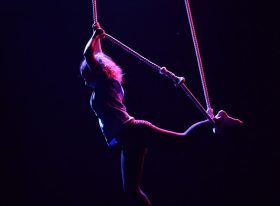‘WAAPA has adapted very well to the online learning environments. It was a challenge, I think, for some of our colleagues to make this transition, but again, the best interests of students have been put forward. And wherever possible, we’ve tried to continue with activities online to ensure that students meet the outcomes for their units,’ explained Associate Professor Jonathan McIntosh, WAAPA’s Associate Dean (Teaching and Learning).
Working closely with colleagues at Edith Cowan University’s Centre for Learning and Teaching has ensured that WAAPA staff were quickly able to upskill and adapt to new technologies and online classrooms. At every turn, however, the students’ wellbeing has been the primary concern.
‘There’s been lots of pastoral care as well, and the staff have coped really, really well with that aspect of keeping students engaged in the learning process,’ McIntosh said.
Whether it’s Acting ensembles rehearsing through Zoom or Music Theatre students presenting an entire musical online, WAAPA’s students – many of whom are digital natives – have responded to their new learning environment with enthusiasm.
‘Obviously there are challenges in trying to replicate our usual teaching methods in the online environment, but making sure – despite all this change and uncertainty – that we’ve been able to provide students with a sense of purpose and that their learning is actually continuing, that’s been crucial,’ McIntosh told ArtsHub.
‘The students really want to stay engaged. They really want to be able to graduate at the end of this year as well, if they’re in their final year. So yes, there is this uncertainty, but they still want to develop and hone their skills to enter the profession, which is just really exciting to see.’
THE BENEFITS OF LEARNING ONLINE
The shift to online learning even has some advantages, McIntosh explained, such as allowing students who are isolating with friends and family in remote parts of Australia to continue their studies unabated.
‘Online learning also gives students the opportunity to pause, rewind, watch something again. To go over the key points, to break something up, which is not possible when you’re sitting in a lecture or going through a rehearsal process. It even gives you a chance to experiment, to redo an assessment task for example, as long as it’s done in one take.’
‘The online environment even replicates some of the working patterns that arts workers will face later in life once they’ve graduated,’ McIntosh continued.
‘In some way it almost helps prepare our students for being career-ready in terms of how they’re going to interact with people who might be in different parts of the world. If they’re in arts management for example, the way that they’re going to run their business life could well be like this once they’ve graduated, where they’re working with people all around the world and using video software to communicate and to work on projects together.’
While the live productions that are a key aspect of WAAPA’s training methodologies can’t be presented at the current time, rescheduling them for later in the year may yet have a positive impact on Perth and its residents – artists and general public alike.
‘We’re planning for a very exciting second semester move towards Christmas, where we’ll be mounting lots of productions, and really, we’re going to see a kind of festival atmosphere at WAAPA, which I think is going to help to rejuvenate some of the performing arts activities in Perth,’ said McIntosh.
‘We had sold many, many tickets to our productions throughout the year and we’ve obviously had to refund some of those tickets at the moment to our patrons but we have such a fantastic relationship with the Perth Theatre Trust, who are immensely supportive of WAAPA and our commitment to world-class training.
‘I think WAAPA is well placed to help the arts to regenerate after what’s been going on with COVID-19, and that’s great not only for our students – who are at the centre of this process going forward – but for the broader arts community in Western Australia as well,’ he concluded.
